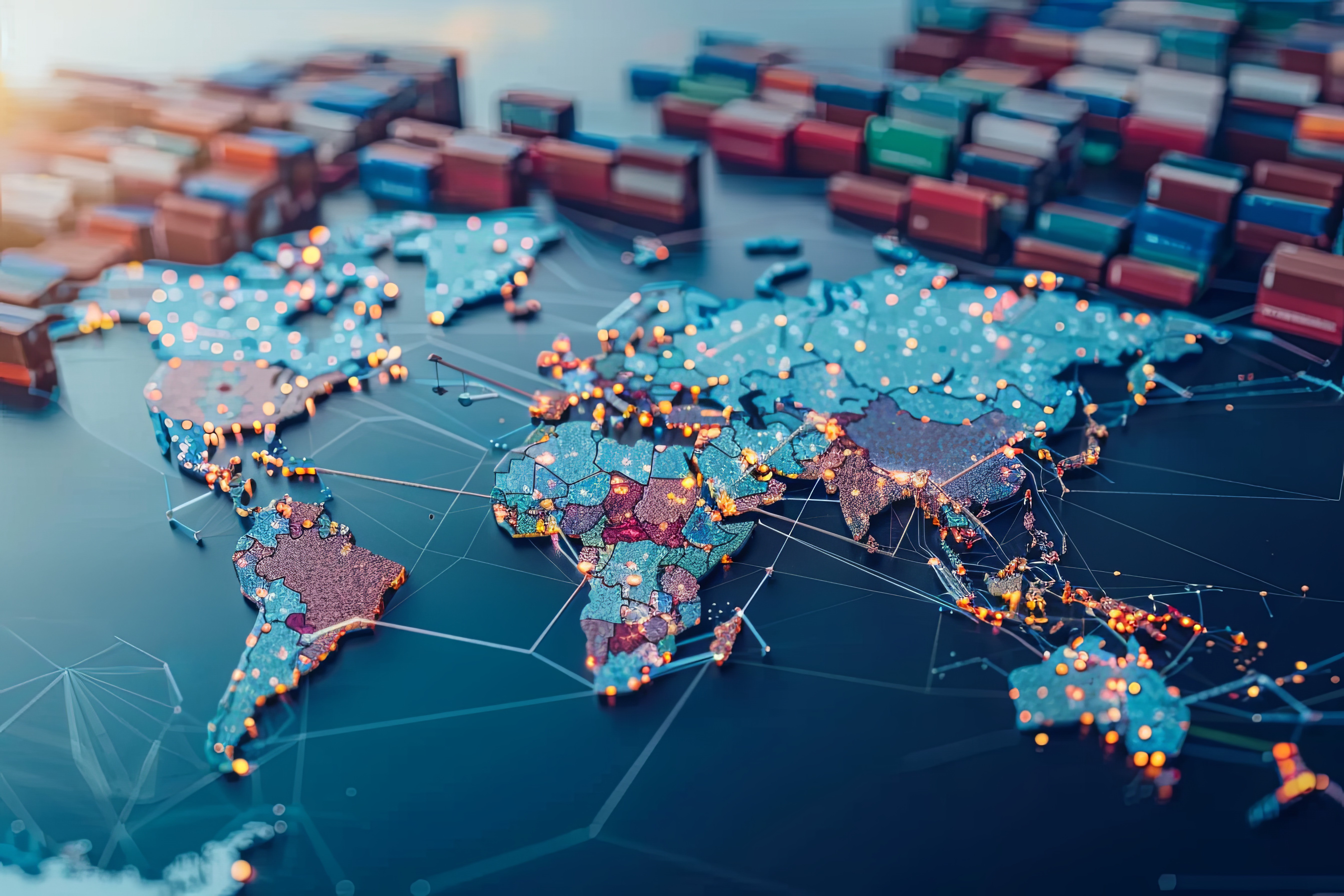Jul 11, 2024
US Adds Aluminum, PVC and Seafood as High Priority Sectors for Forced Labor Enforcement
DHS and Forced Labor Enforcement Task Force Look at Aluminum, PVC, and Seafood Industries
On July 9th, the Department of Homeland Security (DHS) and the Forced Labor Enforcement Task Force published their 2024 updates to the strategy to prevent goods made using forced labor from entering the United States. As part of that strategy, aluminum, PVC and seafood were added to the list of high priority sectors for forced labor enforcement. This follows several additions made to CBP's Entities List last month of seafood, aluminum and footwear companies allegedly linked to forced labor.
The updates to the 2024 enforcement strategy marks the first time FLETF has publicly identified new high priority sectors since 2022. Apparel, cotton and cotton products, products including polysilicon, and tomatoes continue to be listed as high priority sectors as well.
Increased Detention and Enforcement for Forced Labor Risks
Since the start of 2024, CBP has been dramatically increasing its detention rate under the forced labor ban compared to the previous year. Since 2022, CBP has formally denied entry to nearly 3,500 shipments valued at over $695 million, from a total of over 9,100 detained. January through March of 2024 saw a steep increase in the volume and value of detentions, with approximately $294 million worth of goods detained compared to only $108 million between January and March 2023. This is due in part to the increase in funding DHS received to enforce US forced labor trade laws, as well as the memorandum signed by President Biden in November 2023 underscoring the US efforts to advance worker empowerment, rights, and high labor standards globally.
The 2024 strategy document underscores the importance the US government has placed on preventing products made using forced labor from entering the market and identifying efforts to "obscure the true origin of goods in response to greater scrutiny." FLETF has also increased its efforts to collaborate with nongovernmental organizations and the private sector to "expand awareness of the complexities of global supply chains, to increase commitment to prioritizing effective due diligence protocols, and to partner with stakeholders across industry, civil society and governments to eliminate goods made with forced labor from global supply chains."
What the Aluminum, PVC, and Seafood Sectors Should Consider
Companies operating in the aluminum, PVC and seafood sectors should prepare for an inevitable increase in detentions in the second half of the year. All signs indicate that CBP will continue to expand its enforcement efforts in the second half of the year. It's also critical for companies to understand that CBP does not only detain products from the high priority sectors it has identified; any good made whole or in part using forced labor may be targeted under the law.
Furthermore, addressing forced labor in supply chains continues to receive bi-partisan support in Congress, suggesting that in spite of the upcoming election, CBP continues to have the momentum and support to execute its powers under the forced labor ban.
Now more than ever, visibility into your upstream supply chain is critical to the success of your business. To learn more about how Sourcemap can support forced labor due diligence and compliance efforts for your business, reach out to our team of experts.





